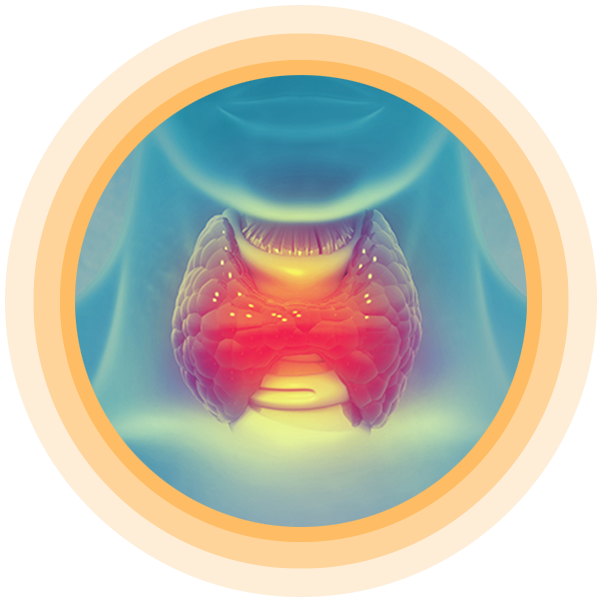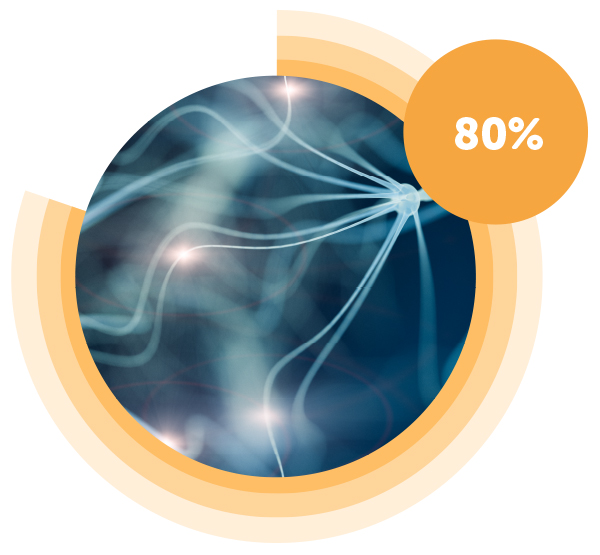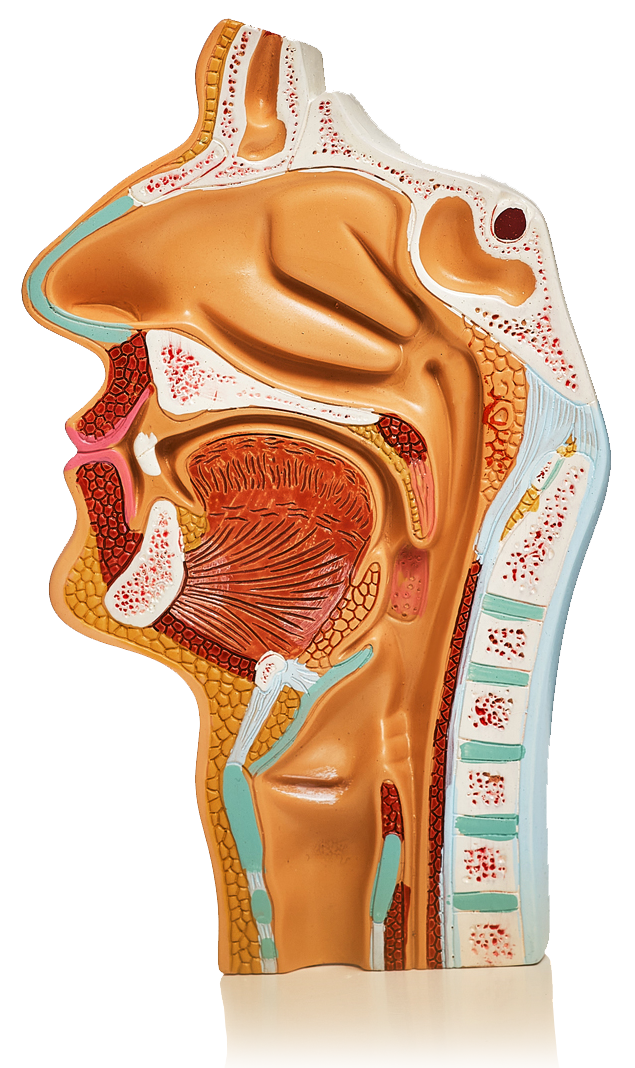
What causes it and who is most affected?
What causes it?
Dysphagia is usually caused by another health condition and can happen at any age.1 This type of difficulty usually occurs due to an underlying condition including stroke, head injury, learning disabilities, Alzheimer’s disease and head and neck cancer.
As swallowing is a complex process, there are many reasons why dysphagia can develop. Some can include:2





Who is most affected?

Older People
An estimated 50-75% of care home residents have some difficulty swallowing4

Stroke Survivors
Dysphagia affects over 50% of survivors immediately after a stroke4

Dementia in care homes
68% of those with dementia in care homes show signs of dysphagia4

Motor Neurone Disease
As the disease progresses, dysphagia occurs in more than 80% of people living with it4

Cancer
Dysphagia occurs in over 50% of patients with head and neck cancer4

COPD
Around 27% of people with chronic obstructive pulmonary disease will experience dysphagia4
References
- Your Complete Guide to Dysphagia.
Available at: https://www.lancashire.gov.uk/media/916219/complete-guide-to-dysphagia.pdf
Accessed: Dec 2024. - NHS inform. Dysphagia (swallowing problems).
Available at: https://www.nhsinform.scot/illnesses-and-conditions/stomach-liver-and-gastrointestinal-tract/dysphagia-swallowing-problems#causes-of-dysphagia
Accessed: Dec 2024. - Mayo Clinic. Dry Mouth.
Available at: https://www.mayoclinic.org/diseases-conditions/dry-mouth/symptoms-causes/syc-20356048
Accessed: Dec 2024. - Holdoway A, Smith A. Malnutrition Pathway. Dysphagia.
Available at: https://www.malnutritionpathway.co.uk/dysphagia.pdf
Accessed: Dec 2024.

